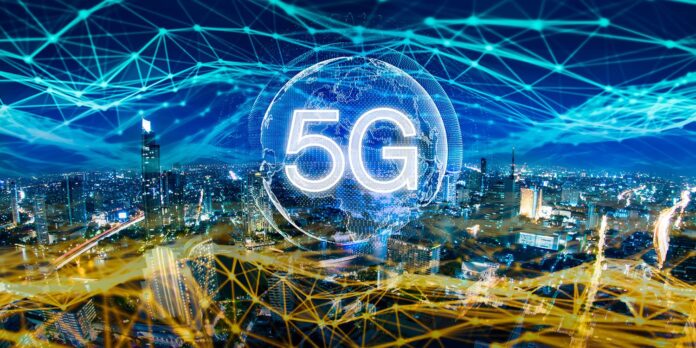5G will offer businesses so much more than just faster speeds, though.
We expect 5G to unlock experiences of the future like augmented reality (AR) and virtual reality (VR), automated cars, telemedicine and connected buildings in smart cities.
Imagine if firemen could see the layout of the building in their helmets to find those in need much faster. That’s something tomorrow’s 5G could enable. In some cases, it could be truly life-saving. In addition to speed, the following characteristics make the future 5G network special:
- Massive device connectivity – We expect it will help handle and manage the “massive IoT explosion.” IDC predicts more than 30 billion devices will be connected to networks globally by 2020.
- Ultra-reliability – This is especially helpful for industries that use robotics, like healthcare and manufacturing. A 5G network will be one you can depend on.
- Ultra-low latency – Latency is the amount time that passes between when you tell your technology to do something and when it does it. The industry expectation for 5G latency is less than 5 milliseconds – it probably took you about 4,000 times longer to read this sentence.
- Better capacity and coverage – More connection points in a smaller area – along with using small cells and unlicensed spectrum – will improve capacity. That means a better customer experience.
Consider what kind of difference these benefits could make. We could know how likely it is for a football player to have a concussion, based on the data from the force of an impact.
ANALYSIS
It is easy to gloss over the prospective attributes of 5G connection and mark it down simply as “faster or wider.” The ability to relay live building information during a fire mission to a moving fireman; the spatial awareness for a camera to interpret the physical distress put onto a football player’s body while making contact; these examples are eye-opening to the possibilities that 5G can access. These examples provide a couple insights worth noting:
- The responsiveness of 5G technology to changing conditions will allow humans to act more instinctually in situations that require quick decision-making and action while providing us information to make effective decisions. As far as music-making goes, this technology could make real-time improvisation and remote, synchronous playing possible.
- 5G could augment current systems, or shape future iterations, to provide a greater depth of presence and understanding of ourselves. With an instantaneous read-out of the football player’s interaction, the player can now more quickly establish relationships between the physiological to their perceptive experiences. In other words, they may learn which interactions to avoid and how to make better contact in future plays with the timeliness of 5G.




